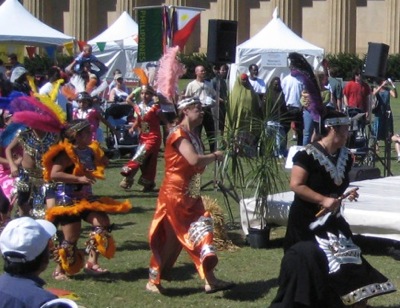
"To say that a Latino who doesn't speak perfect English is not a citizen is simply wrong"
Raul Lopez, president of the Republican National Hispanic Assembly of Tennessee, and Fabian Bedne, president of the Middle Tennessee Hispanic Democrats, stubmitted a joint statement to the Tennessean about U.S. citizen voters who don't speak English.From the statement:
To say that a Latino who doesn't speak perfect English is not a citizen is simply wrong; there are a variety of reasons why this could happen. While it is generally true that naturalization applicants must be able to read, write, speak, and understand words in ordinary usage in the English language, many individuals are specifically exempt from this requirement, including the following applicants, who on the date of filing:
>> Have been residing in the United States pursuant to a lawful admission for permanent residence for periods totaling 15 years or more and are over 55 years of age.
>> Have been residing in the United States pursuant to a lawful admission for permanent residence for periods totaling 20 years or more and are over 50 years of age.
>> Have a medically determinable physical or mental impairment, where the impairment affects the applicant's ability to learn English.
Furthermore, residents who arrive here from places such as Puerto Rico, where English is not the official or dominant language, are U.S. citizens from birth. Puerto Ricans who live in the U.S. are, of course, allowed to register to vote and are not required to submit to a language test. Accordingly, they may not yet have acquired a command of the English language.





 Photo by
Photo by 

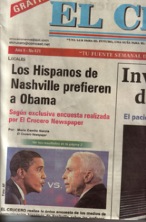 The Spanish-language local daily
The Spanish-language local daily 

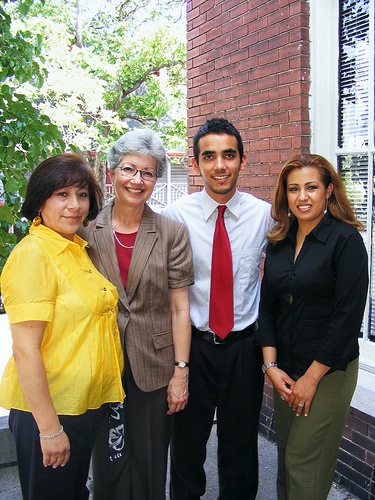

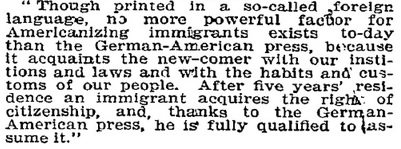
 Image of German newspapers by
Image of German newspapers by  From
From 
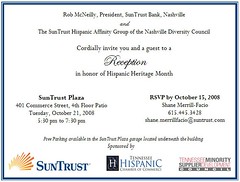

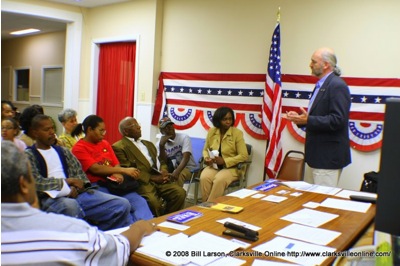


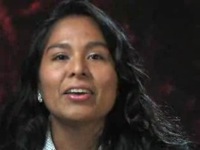
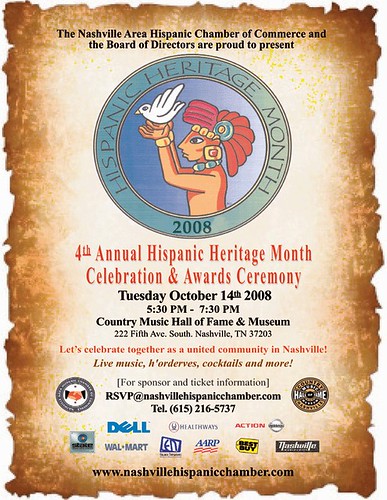





 Carrie was interviewed
Carrie was interviewed  Carrie also wrote
Carrie also wrote 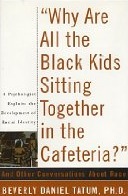 From David, who
From David, who 